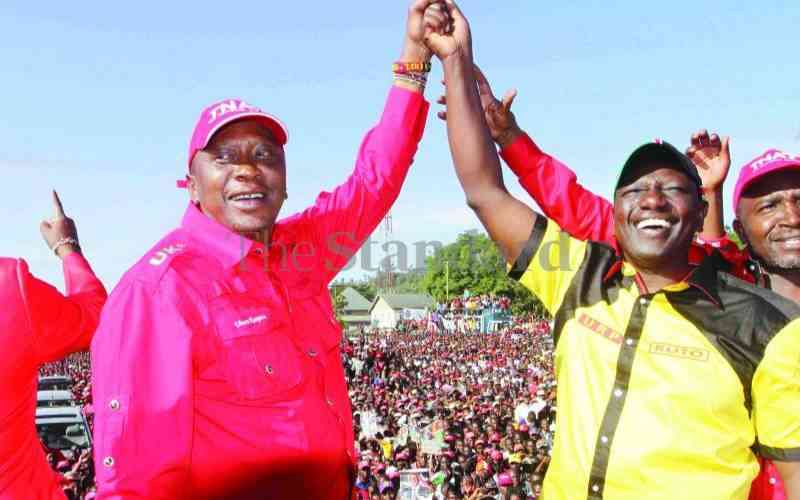×
The Standard e-Paper
Stay Informed, Even Offline

There's no worse humiliation for a politician than to be told you're not welcome to a political party you helped build. ODM tagged us "party rebels". The media called us "Ruto allies".
As the clock ticked towards the 2013 elections, we knew we had to get a political party of our own. A political party gives you networks, allies and supporters around one idea, one bigger vision. We had a vision for national unity and reconciliation.